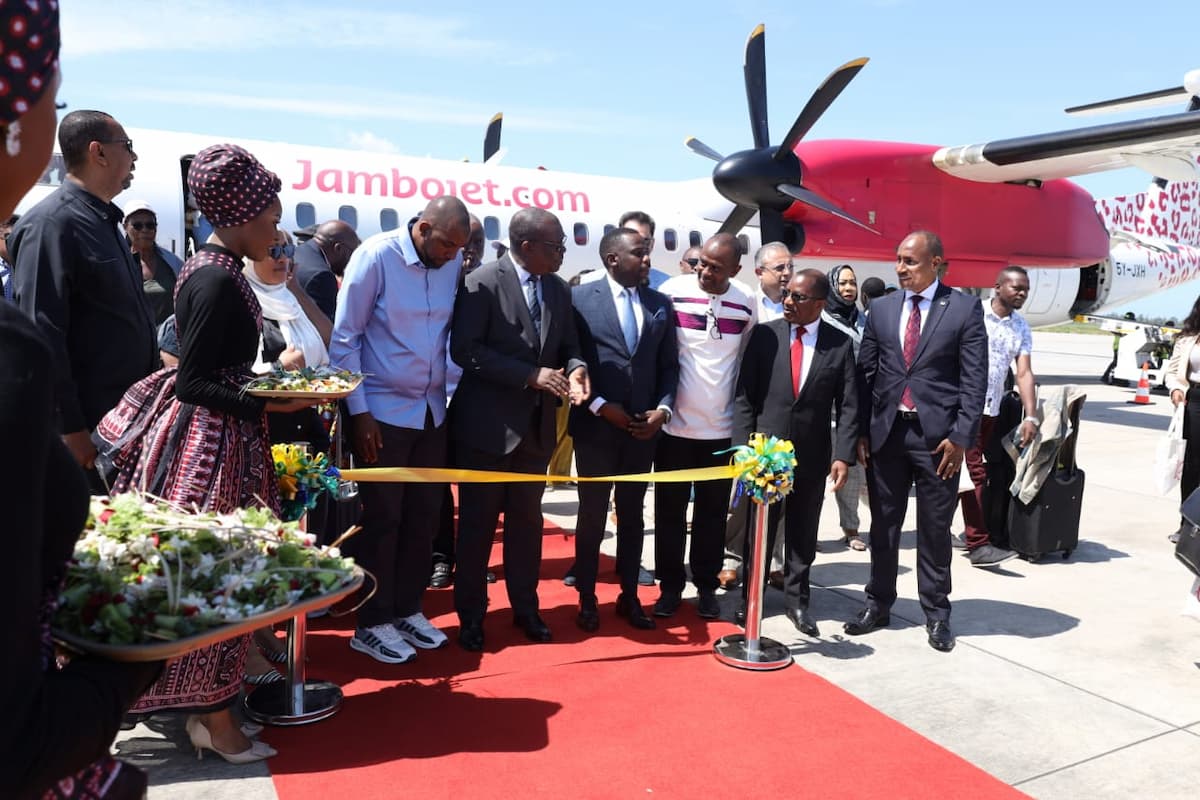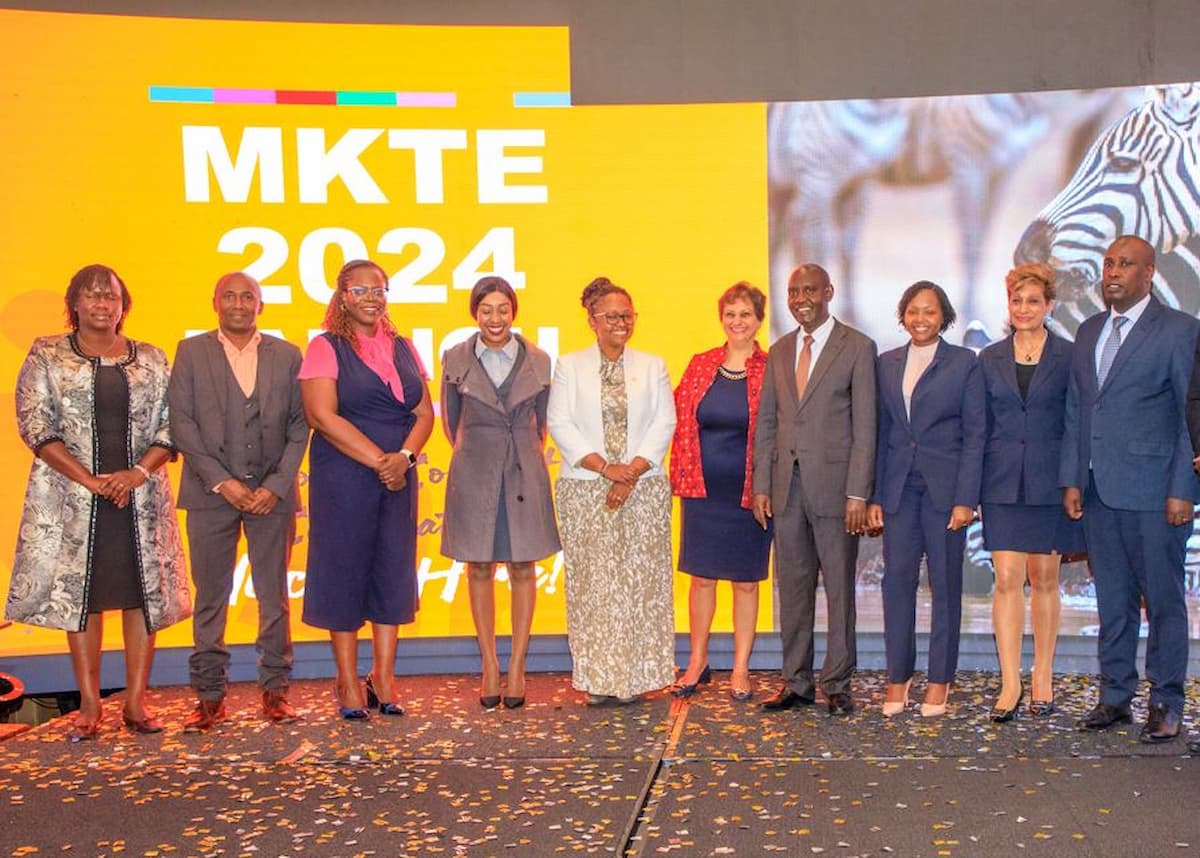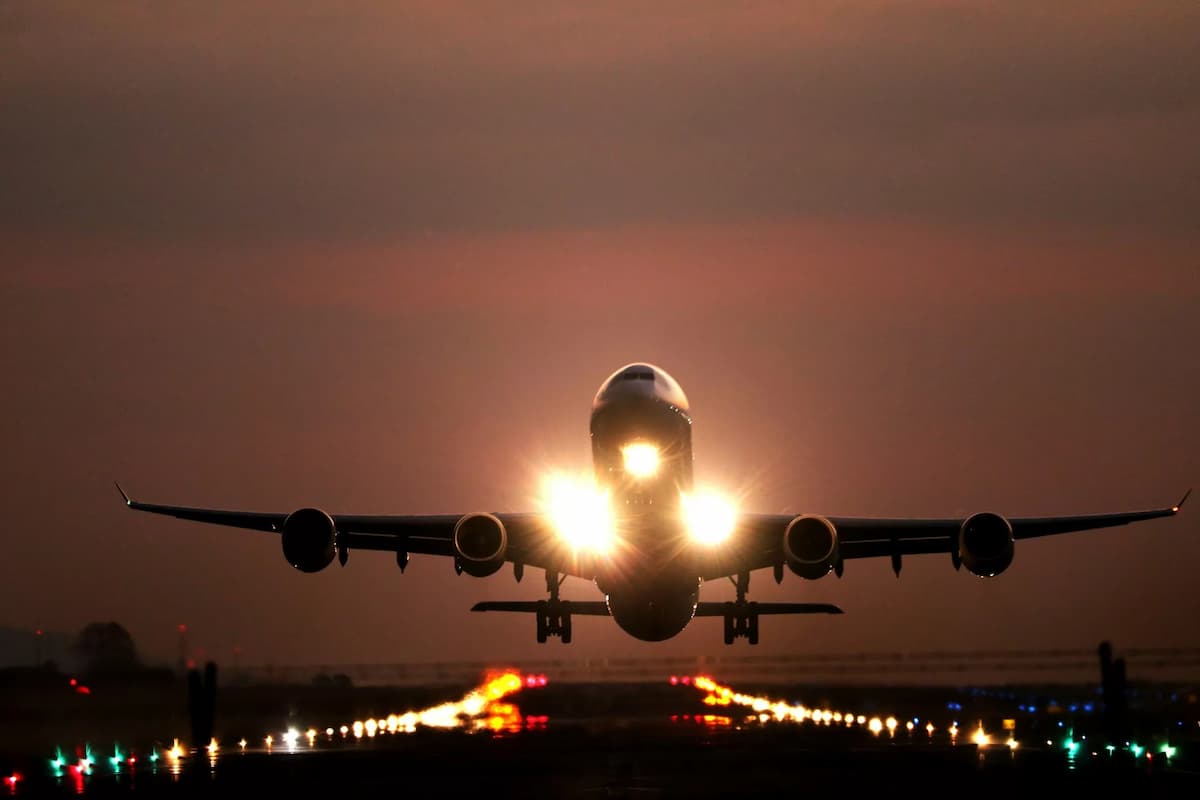AirAsia X (AAX) has announced a new route to Africa, connecting Singaporean travellers to Nairobi, Kenya, via Kuala Lumpur. The inaugural flight is scheduled for 15 November 2024, making AAX the only low-cost carrier in Malaysia to offer direct flights to Nairobi. This expansion follows a strong start to the year for AAX, with impressive financial results, high load factors, and regained market leadership.
Earlier in March, AAX also launched new flights to Almaty, Kazakhstan, marking its first entry into Central Asia.
Connecting Asia to Africa
The Nairobi route is a crucial link in connecting Asia to Africa, fostering stronger trade, tourism and business ties within the region. AAX will also offer a seamless Fly-Thru connection, creating a vital link between Kenya and 130 destinations across Southeast Asia, Northern and Central Asia, and Australia providing affordable and convenient travel options for all while reinforcing its commitment to global connectivity.
Nairobi, Kenya, is renowned for its lush greenery, expansive grass plains, and abundant wildlife, attracting tourists eager to see the near-extinct Northern White Rhino and the Great Migration in Masai Mara. The city offers breathtaking skylines, thrilling safari experiences, vibrant nightlife, rich cultural heritage, and diverse culinary delights, making it a captivating destination for travellers.
Strategic vision for global connectivity
Tony Fernandes, CEO of Capital A says: “We are thrilled to announce a direct new route, bridging Asia and Africa. This milestone, coming on the heels of our 15th consecutive win as Skytrax’s World’s Best Low-Cost Airline, embodies our mission to connect the world affordably. This new route not only opens up Asia to Africa but also has the potential to strengthen ties in tourism, business and trade between the two continents.
“It marks the beginning of a new journey into Africa, and while our roots are in Asia and Asean, our dream has always been to make Kuala Lumpur a global low-cost carrier hub. This expansion brings us closer to that vision, giving us a solid footing to build global connections and opportunities.”
Benyamin Ismail, CEO of AirAsia X adds: “Embarking on this new adventure into Africa is truly exhilarating, particularly in light of our significant growth trajectory earlier this year. This route presents excellent connectivity opportunities to other key markets we serve, especially in the Asean region.
“Travellers from Singapore can now journey more affordably to Kenya, with a convenient and smooth stopover in Kuala Lumpur. Kenya is a vibrant nation, home to millions of people and a rich tapestry of beautiful heritages and extraordinary sceneries. We look forward to further enriching the cultural and economic exchanges between these dynamic regions.”
Source: Biz Community.










